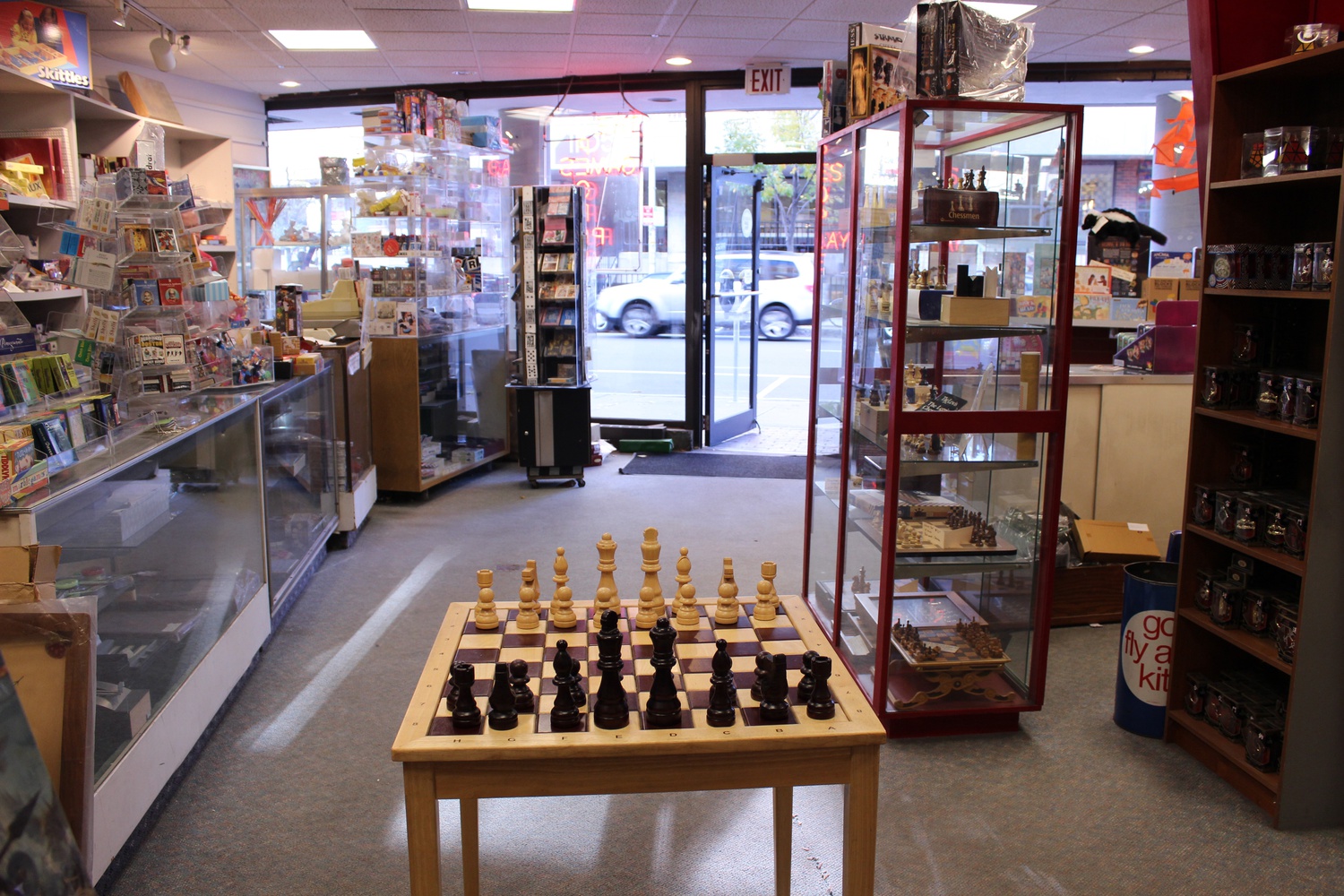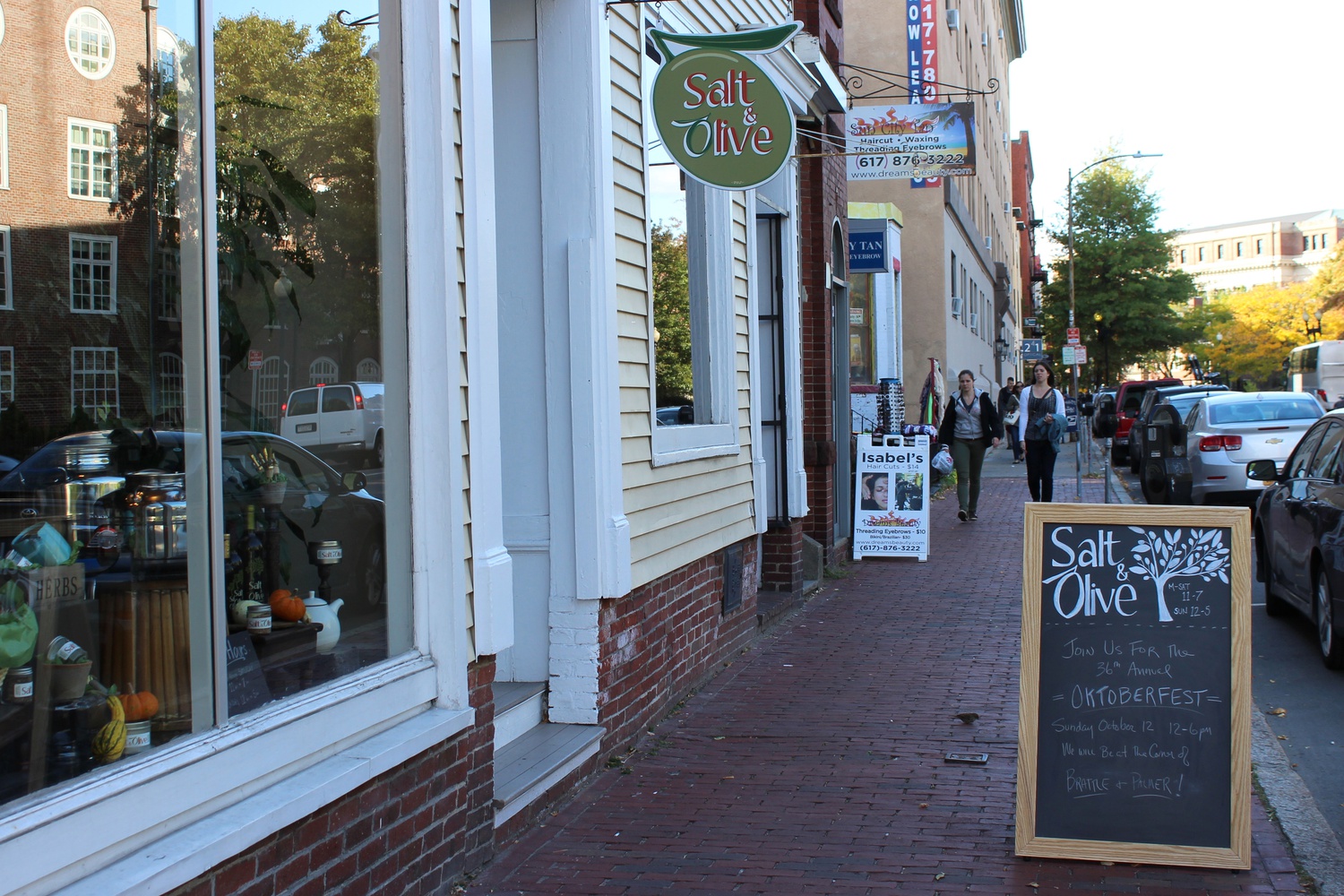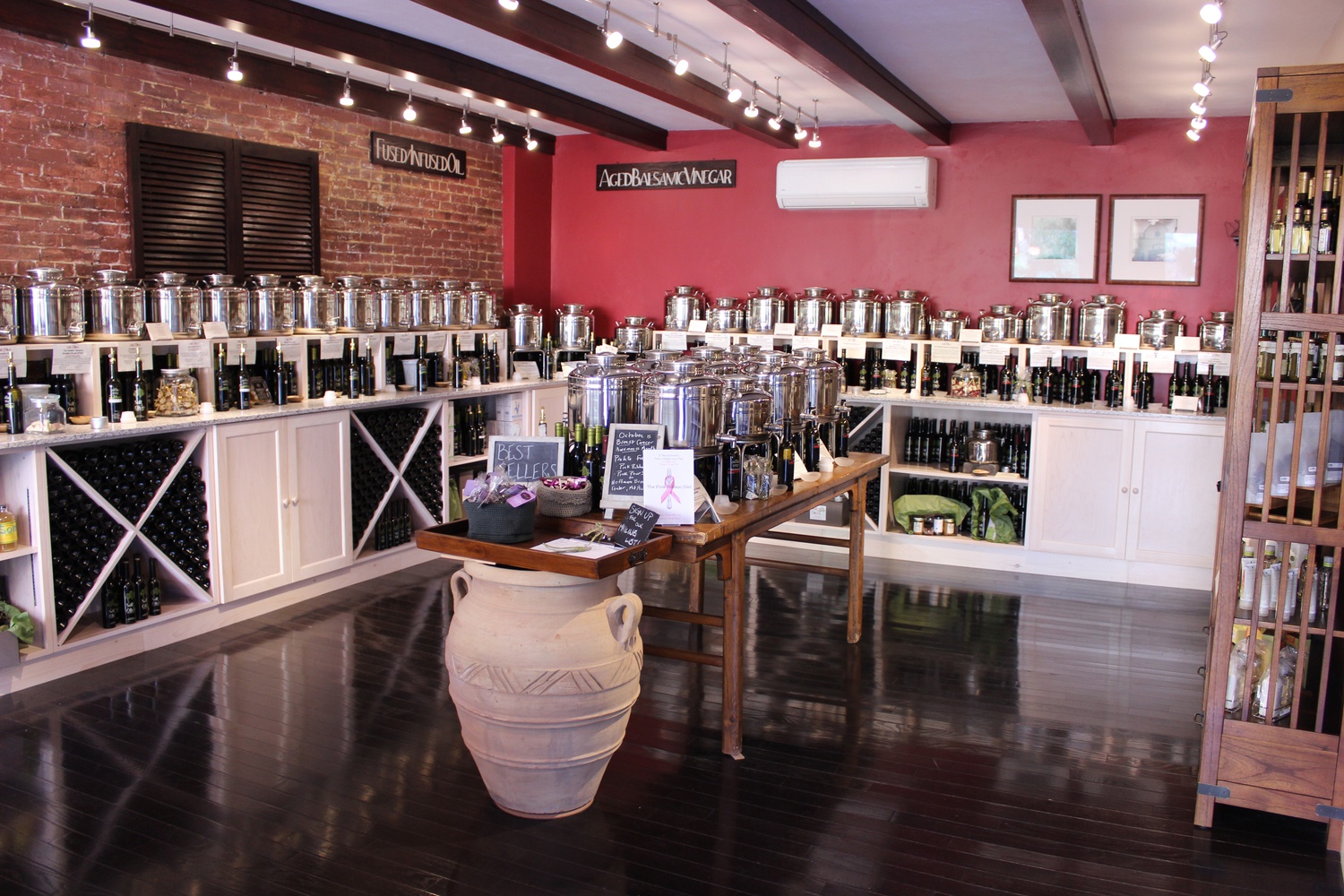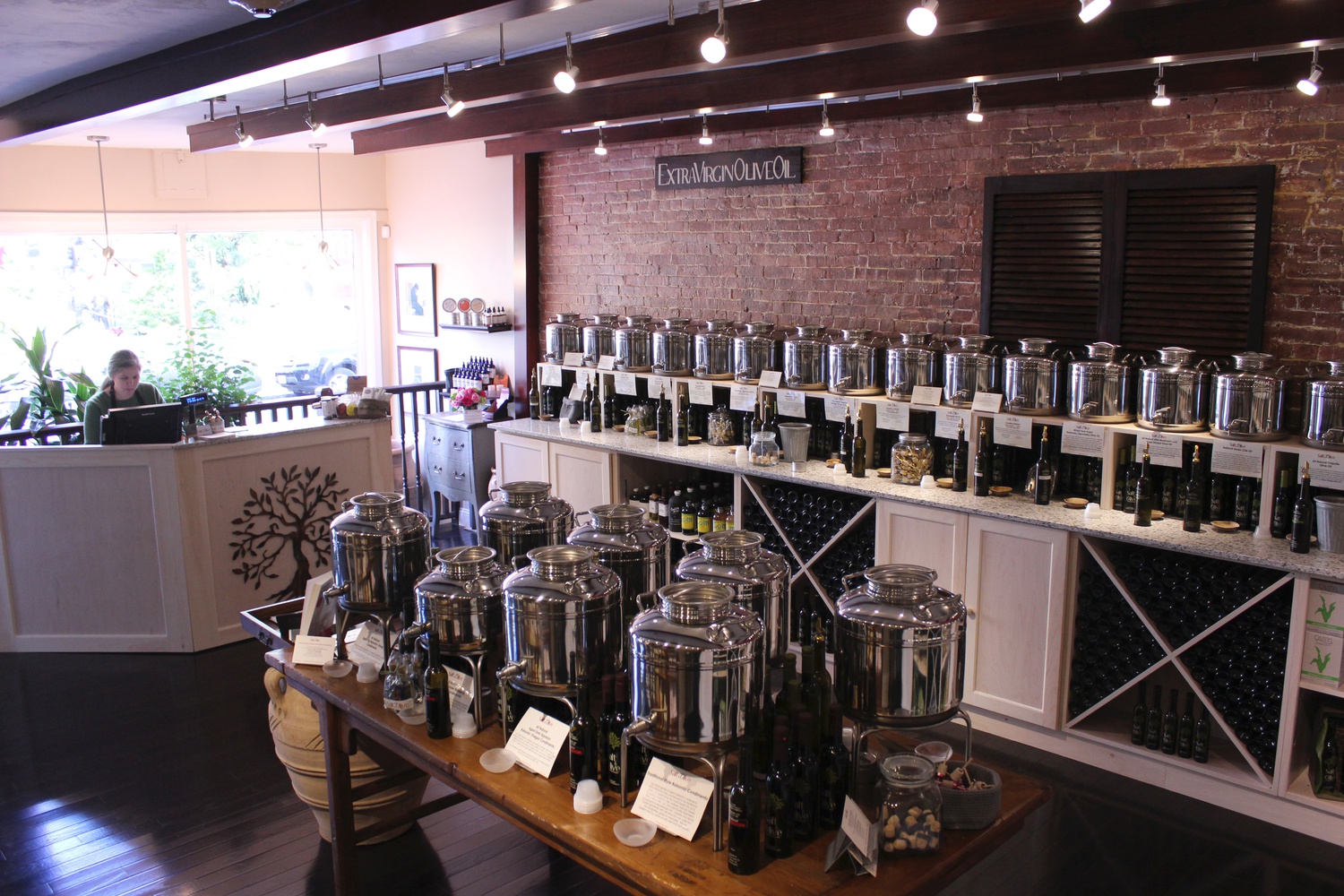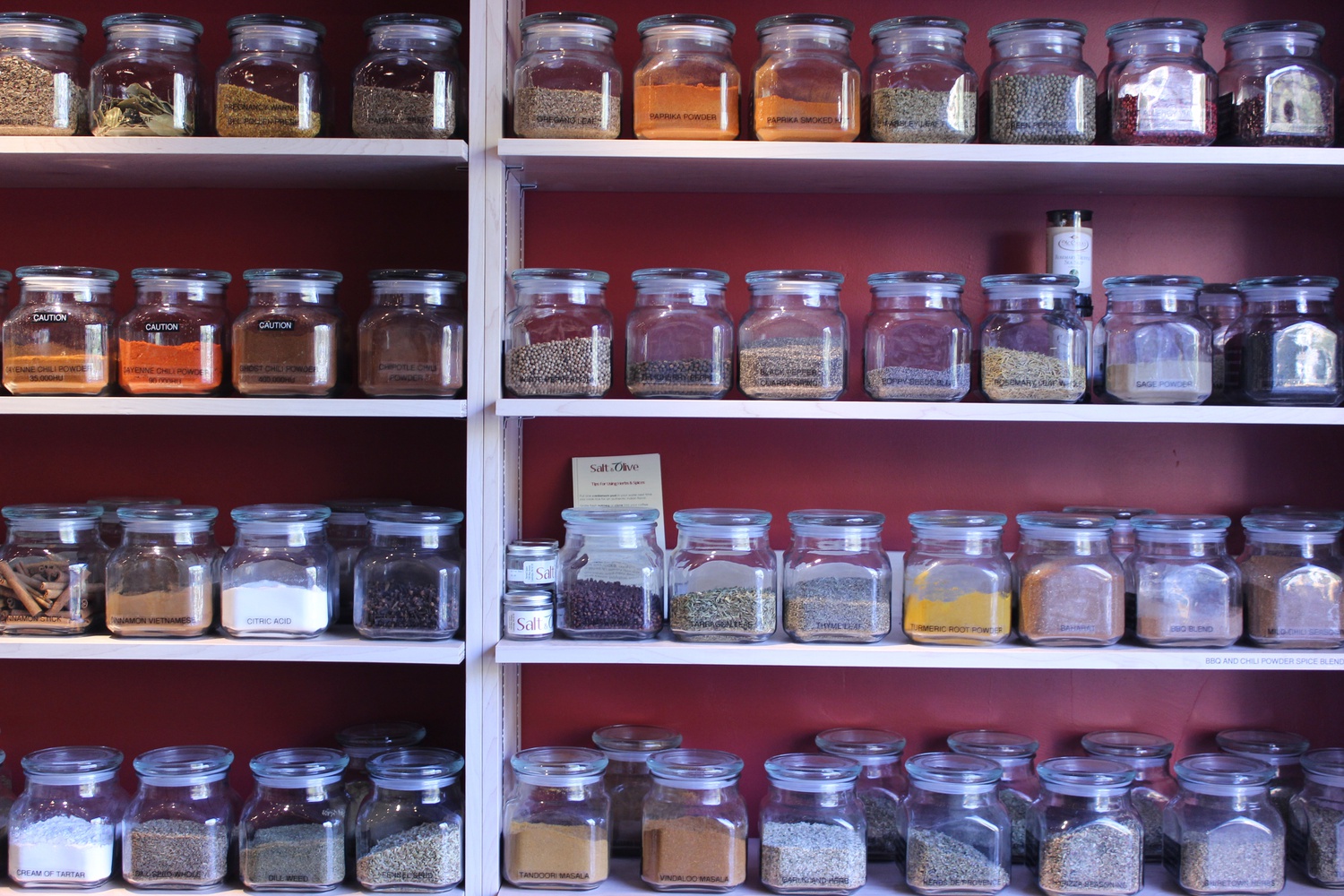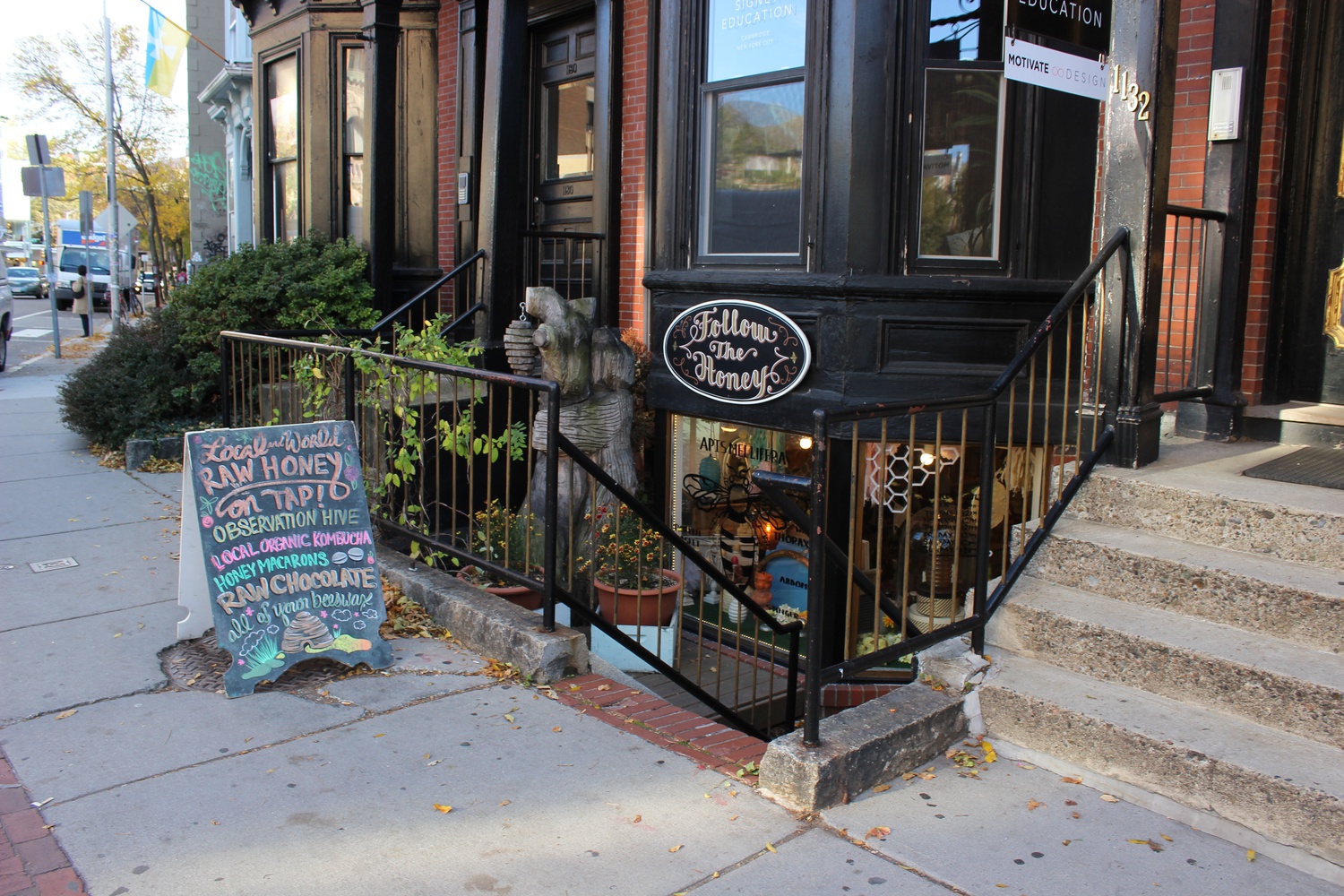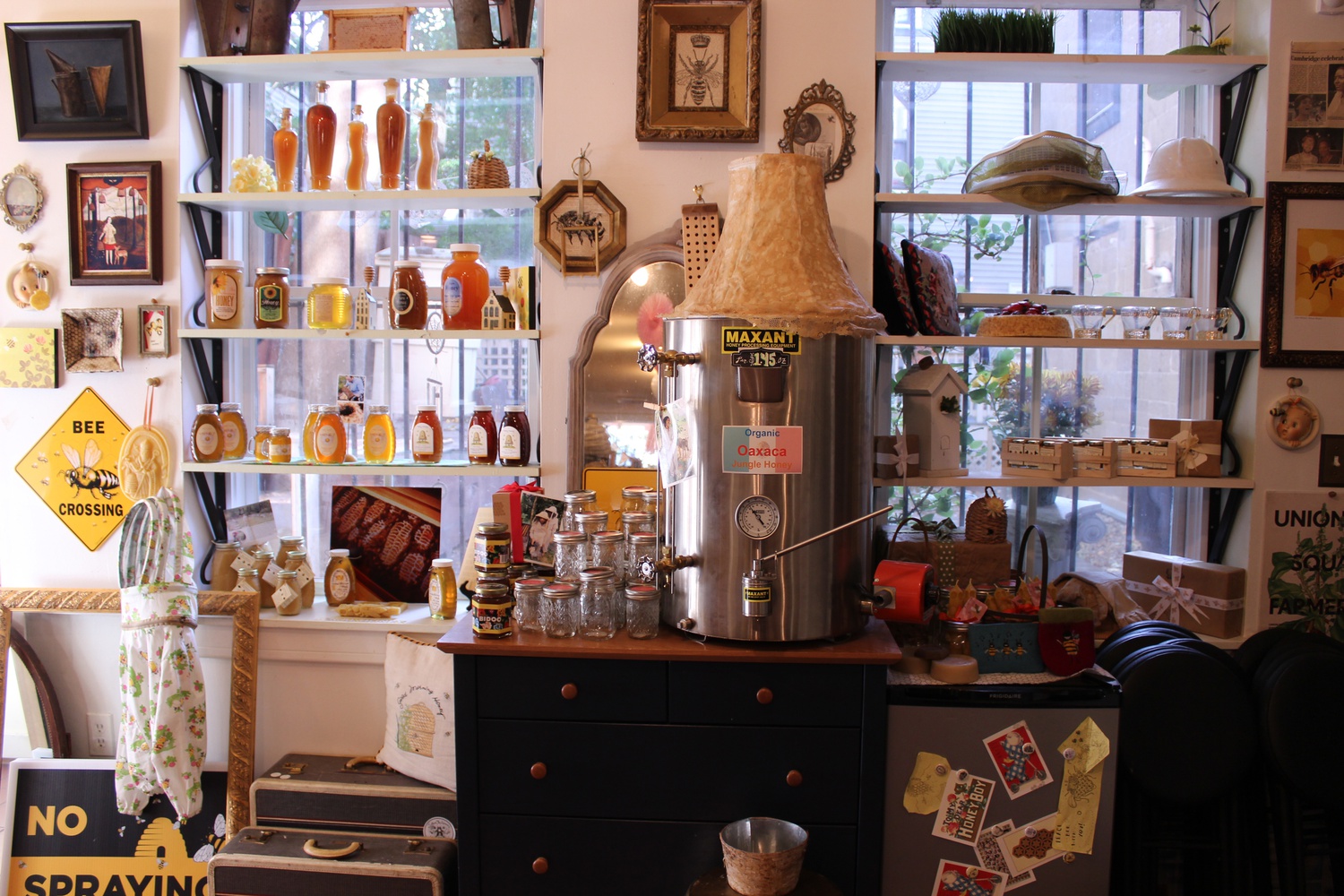Niche Stores in Harvard Square
Honeycombs, 3D puzzles, and ghost chili pepper: A student (or curious tourist) can find all of these niche products on Mass. Ave. Just a few steps away from each other, three stores succeed in maintaining local business models and adding pleasant surprises to any casual Harvard Square stroll. FM takes a look at some of these quirky stores around the Square.
The Games People Play
1100 Mass. Ave.
Carol Monica was wandering through a game convention in Germany when she spotted Die Siedler von Catan, a board game she had never seen before. She brought it back to her games and puzzles store in Harvard Square, The Games People Play. It was the first shop to sell Settlers of Catan in the entire country.
“Back then, it wasn’t even in English,” Monica says. “It was all these silly translations from German.”
Monica started The Games People Play in 1974 because she couldn’t find a place to buy Scrabble in the Square.
“We were in a recession then, and people would stay home and play board games,” Monica recalls. “I just thought it would be a good thing to open, especially here, right between Harvard and MIT.”
Now, after moving to 1100 Mass. Ave. from a tiny little shop across the street, the store offers everything from jigsaw puzzles to strategy games, backgammon to fantasy games, crossword books to yo-yos, kites to playing cards. Monica travels to several conventions a year, including the Nuremberg Toy Fair in Germany on occasion, to discover new products.
“We are a games boutique, serving a niche market,” Monica said. “We’re pretty well-known and have even become a destination store for out-of-towners.”
Monica described the average customer age range as 18-40, except for customers of war games, who are “never under 40.” Over the years, Monica has seen the customer demographic shift from primarily male to balanced in gender.
“More and more young women and girls are playing games and puzzles,” Monica observes.
Salt & Olive
1160 Mass. Ave.
Harissa spice olive oil and blackberry ginger vinegar have become easier than ever to acquire in the Square. Six weeks ago, Mary D. Taylor opened the niche store Salt & Olive, which specializes in gourmet olive oils, aged balsamic vinegars, spices, and teas.
“We want people to come here and be inspired and share what they create with their friends and family,” Taylor says. “We want to be a community resource, a location for people to gather and talk about food.”
Salt & Olive is sustainably built, with LEEDs-certified flooring, repurposed products and regionally-sourced building materials. The store offers 24 olive oils and 25 aged balsamic vinegars on tap. Flavors of olive oil include blood orange, wild mushroom and sage, and bergamot citrus, while types of vinegar include dark chocolate, pomegranate and lavender. The store also sells 50 varieties of tea, 20 varieties of salts, and 150 varieties of spices, including ghost chili pepper.
“We’ve had quite a few sneezes from that,” Taylor acknowledges, laughing.
Taylor is a bona fide expert when it comes to olive oil. She is a certified olive oil taster and recommends customers seek out a “pungent, peppery taste.” She also views olive oil as a quickly growing industry in the United States.
“The American palette is maturing. Olive oil now is where wine was about 20 or 30 years ago,” Taylor says. “The global olive oil market is about $12 billion. The American olive oil market is about $1 billion. For the past decade, it’s had triple-digit growth.”
Follow the Honey
1132 Mass. Ave.
A decade ago, Mary W. Canning traveled to India to learn beekeeping as an apprentice under Kamala Devi, the founder of a village beekeeping society. Now, she is the owner of Follow the Honey, which offers locally and globally-sourced honeys and bee-inspired products, including honey chocolates, beeswax candles, honey-infused lotions, honey antiseptics, bee-design jewelry, and honeypots.
“I saw people going from mud huts to stucco homes and sending their daughters to school just because they were practicing good, sustainable beekeeping,” Canning says. “I was inspired to do something similar here. Follow the Honey unifies honey producers who can’t make it independently but in a farmer’s collective have the power to access the marketplace.”
Canning describes honey as the perfect intersection for conversations on poverty, class, globalization, and environmental destruction. Follow the Honey is working with Mount Grace Conservation Trust to raise awareness about a fracking pipeline soon to be placed near the Harvard Forest area.
“People in Boston won’t know about it until it’s already got clearance,” Canning said. “We’ve got to put pressure on our representatives.”
The store has a global outreach, as Canning sells honey from as far away as Bostwana and as close to home as Deerfield, Mass. In three weeks, Canning will travel to Tanzania and work with its ministry to bring Tanzanian honey to the store. Follow the Honey is also planning to expand into food trucks and pop-up events, with the next pop-up in Austin, Texas.
“People come in and say ‘oh, you have honey straws,’ and are so delighted by everything,” Canning says. “They can indulge their inner child. They go from being stressed to relaxed, and we love seeing that.”



